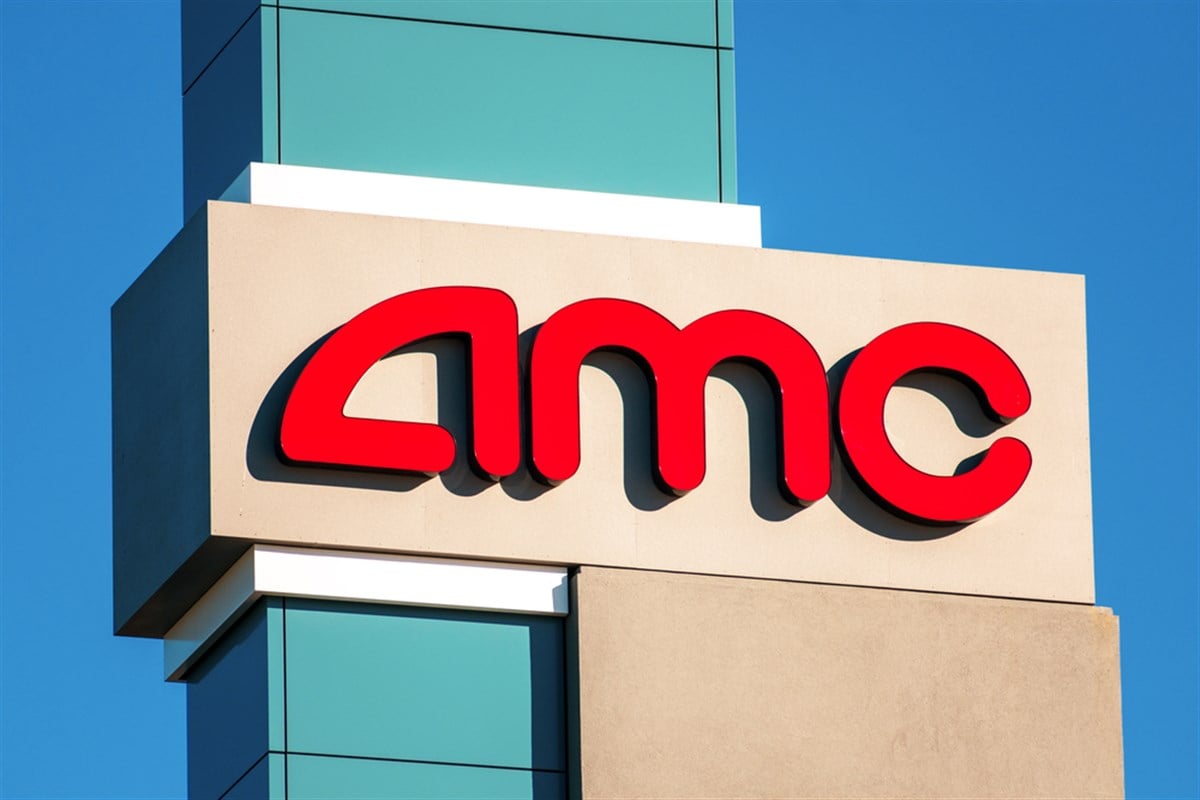
The meme stocks saga of 2021 marked one of those historical moments in financial case studies. Unfortunately, it will be tied to those like the Tulipmania during the 1600s. Because the underlying financials of stocks like GameStop Corp. (NYSE: GME) aren’t that great, triple-digit rallies in their stock prices spell nothing but trouble for those investors who buy into the hype.
What happened to GameStop in 2021 could be looking to make a second chapter in history after recently hitting a trading halt after an 80% jump in a single day. It is now day two of this rally, and other consumer discretionary stocks linked to this meme mania have seen similar price action, with AMC Entertainment Holdings Inc. (NYSE: AMC) being the next one in line for this historic rally.
AMC stock rallied by similar magnitudes this week, amplifying the market’s new ‘risk on’ environment and pushing for stocks with not-so-great financials into investment-grade valuations. However, investors should have much more to take away from this behavior than just buying and praying for higher prices ahead on these meme stocks.
It’s All About Risk Perception
During 2020-2021, barely a stock—or crypto—didn’t rally by triple-digits over a relatively short period. The reason? The Federal Reserve (the Fed) was forced to drop interest rates to near zero due to the COVID-19 pandemic.
When interest rates are that low, so are bond yields and savings accounts (APYs). Hence, investors justify taking on a bit more risk to make an adequate return on their money. It's pretty simple math.
Well, it isn’t always good news, as bubbles like the meme stock mania – and arguably Bitcoin – can form, and that’s where investors need to be extra careful with how much they scrutinize their investment prospects.
Now that the Fed is looking to lower rates again, those investors and traders who got used to easy returns may look to make a few bucks on the same trend repeating itself. Still, it may not come around this time.
A Different Battlefield
When the Fed cut interest rates during 2020, the economy had fallen to dangerously low levels of growth, meaning that any stock with a decent earnings per share (EPS) growth rate for the year would likely draw enough buying pressure to beat the lackluster economic growth.
This time, the U.S. economy is suffering from stagflation, defined as low economic growth with high inflation. 2020-2022 lacked this high inflation factor, meaning that EPS growth and healthy cash flow are as crucial as ever for investors to consider today.
And that is why AMC should spell out all kinds of red flags. The triple-digit rally in this stock is due primarily to the influence that GameStop has had on other stocks considered ‘meme’ level. So, investors need to understand what constitutes ‘meme’ status.
It’s for entertainment, really. Investing in stocks that are hot and popular, despite their lack of any profitability or ways to keep funding their activities, is considered part of a gamble that will likely not pay off during stagflation times today, it might have worked during 2020-2021 when inflation wasn’t that much of an issue.
A Better Point to Take Home: Cash Flow
Other areas of the economy could offer similar upside to these meme stocks, with the added bonus of financial stability to carry a business through these stagflation times. Investors could take Squarespace Inc. (NYSE: SQSP) as a recent example.
Private equity firm Permira offered to take Squarespace private in a $6.9 billion deal, which is a multiple of roughly 30x the company’s free cash flow (operating cash flow minus capital expenditures); of course, this premium multiple is justified considering the 17% five-year compounded average growth rate (CAGR).
The stock popped more than 30% on the news; while these are not meme-level returns, they are justified by sound fundamentals. In the case of AMC, there is no operating cash flow to speak of, and a net outflow of more than a billion in the past two years is far from justifying any investment in this meme stock.
Because a transformation of the movie theatre industry is unlikely to happen soon, AMC’s current financial standing won’t turn overnight to justify today’s valuations. They need cash to keep theatres open, and no debt investors are lining up due to AMC’s poor credit profile, so investors stand in front of aggressive dilution.
Over the past year, AMC management took advantage of the high stock price to issue as many as 130,000 shares, diluting unsuspecting shareholders at a massive level. Unlikely to strike oil any time soon, AMC’s lack of free cash flow will potentially require management to keep diluting shareholders even further if the company is to avoid bankruptcy.
